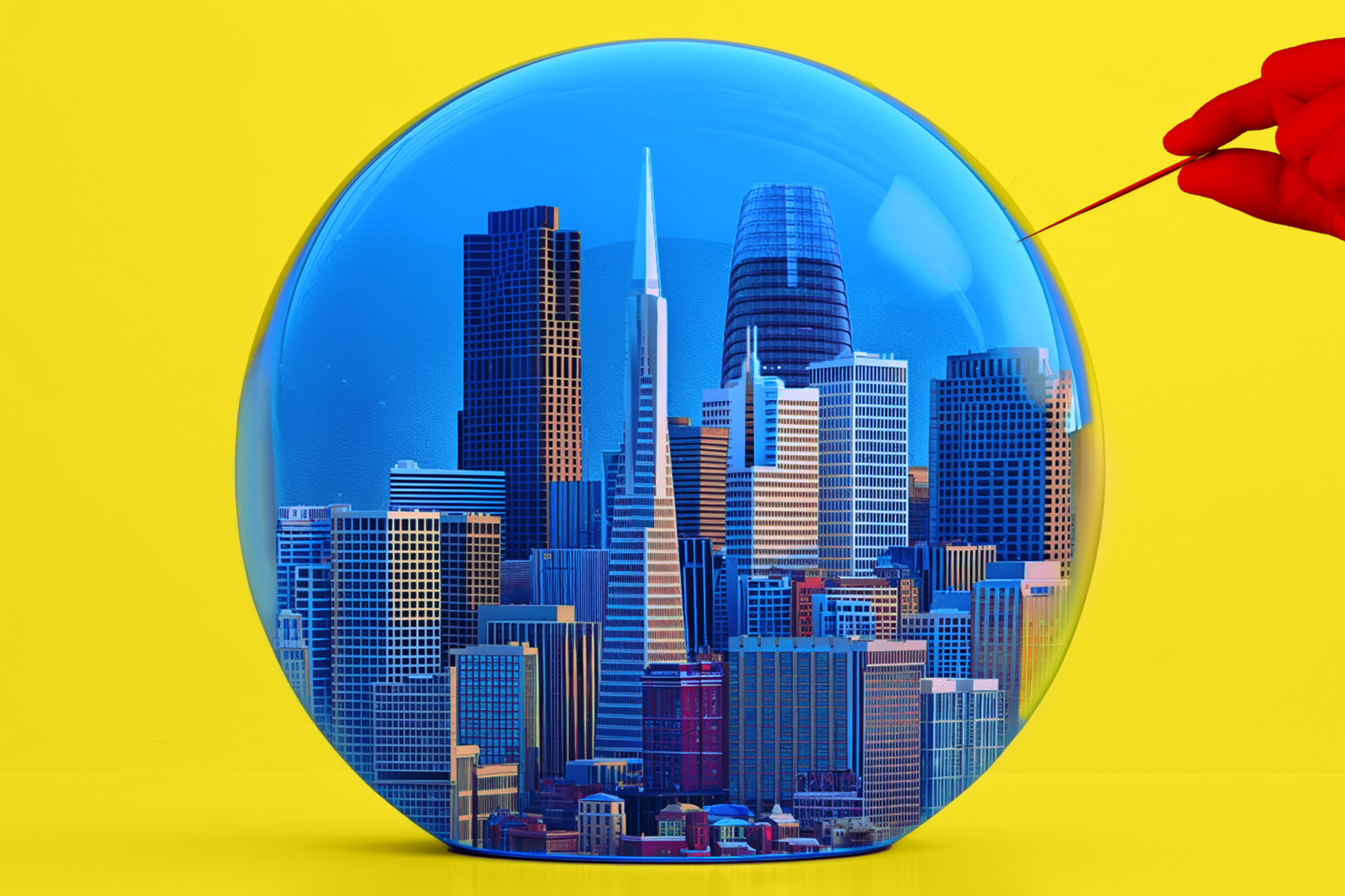To read the headlines last Tuesday announcing the end of progressivism in San Francisco, you’d think conservatives had scored a major victory across the city. The Chronicle trumpeted in “Dewey Defeats Truman”-sized type that “Progressivism is out—for now.” The New York Times asked, “Has San Francisco lost its liberal soul?” Even The Standard got in on the discourse, posing, “Is San Francisco still a liberal bastion?”
The obvious answer: Of course it is.
In reality, fewer ballots were cast for Donald Trump in our city’s Republican primary than for the 14th runner-up in the 17th District Democratic County Central Committee. (In fact, in a city that famously has more dogs than children, there are far more children than registered Republicans.) So, who actually won on Tuesday, and who elected the victors? The answer to both questions is progressive Democrats.
In the aforementioned DCCC race, the Democrats for Change slate (in San Francisco parlance, the moderates) virtually swept the even more left-leaning Labor and Working Families slate. Though final votes are still being tallied, the Democrats for Change candidates look likely to take between 18 and 23 of the 24 seats.
The new committee will likely include Bilal Mahmood, who has been tarred as a moderate boogeyman by his detractors. Mahmood, a child of immigrants, former Barack Obama staffer, enemy of wage theft and climate advocate, would be considered an unelectable progressive in most of the country. He endorsed Barbara Lee, California’s most progressive candidate, for the U.S. Senate. He even once tweeted that “San Francisco is a city of progressive values. Elon [Musk] should keep his fucking money out of our politics.”
The new DCCC reps would also include Trevor Chandler, who identifies as progressive but is often tagged a "moderate” against his wishes by opponents. Chandler has campaigned for marriage equality at the state level even before it was broadly supported by the national party. He worked in Topeka, Kansas, to pass a trans-inclusive nondiscrimination bill that drew the protests of the infamous Westboro Baptist Church. He, too, would almost certainly be unelectable in any red—or even purple—state.
Piercing the liberal bubble
Friends of all political affiliations outside San Francisco are often surprised to hear me tell them that House Speaker Emerita Nancy Pelosi—“Crazy Nancy” to the MAGA movement—often loses about 25% of the local Congressional vote from people who think she’s too conservative.
State Sen. Scott Wiener, another favorite punching bag of the most unhinged national Republicans, has also been called a right-wing conservative and even a fascist. It’s only through the distorted view of a dramatically shifted Overton window that someone can label liberal Democrats like Wiener and Pelosi as conservatives. If San Francisco is not a progressive city, which major city is more progressive, exactly?
Meanwhile, in my home state of Florida, and around the country, local Democrats are battling it out with actual conservatives. School boards fight not over whether teaching advanced algebra disadvantages students of color, but whether to ban books that acknowledge the factual existence of gay people. They argue that 14-year-old girls should be legally forced to carry a pregnancy to term.
In the wake of recent U.S. Supreme Court rulings, San Francisco Democrats of all stripes have unquestionably reaffirmed our commitment to true progressive values. Even the changes to San Francisco Police Department policy on this ballot bring us closer to our peer blue cities than to red states and counties. Attempting to paint Mahmood, Chandler, Pelosi and Wiener with the same brush as true authoritarians and right-wingers like Trump and Marjorie Taylor Greene is as insulting to them as it is oblivious to the state of the country.
So who really lost on Tuesday if not “progressives”? Well, by the tone of their responses in the media, you’d guess Board of Supervisors President Aaron Peskin and Supervisor Dean Preston were on the ballot. Eager to deny the reality of the referendum against their incumbency, they are blaming the wealthy donors on the other side (as if they don’t have wealthy donors of their own).
Implicit in this excuse is the infantilization of San Francisco voters as people whose opinions are easily swayed by a well-placed TV ad. These politicians fail to put themselves in the shoes of the average Democratic voter, who likely doesn’t take kindly to the insinuation that they are secret Republicans.
The actual message from Tuesday is that an electorate of 90% Democrats, in an unusually high turnout for a non-contested presidential primary election, voted for a slate that demands progressive results over mere progressive intentions. For most of the last several years—when the farthest left supervisors held a veto-proof supermajority and the presidency (now just a simple majority and the presidency) on the Board of Supervisors—more San Franciscans polled have said the city is heading in the wrong direction than the right one.
Far from abandoning our progressive values, voters held our elected representatives to the task of creating progressive outcomes when so many of their well-intentioned policies have done the exact opposite—in public health, public safety, housing affordability and the quality of public education. Change will require competence in addition to courage, neither of which has much to do with the purity tests or disingenuous political labels. Tuesday night proved that the only thing that’s unprogressive about San Francisco’s voters are the faulty media narratives that define them.
Lee Edwards is a General Partner at Root Ventures, an early-stage venture capital firm in San Francisco. He can be found on X at @terronk.
